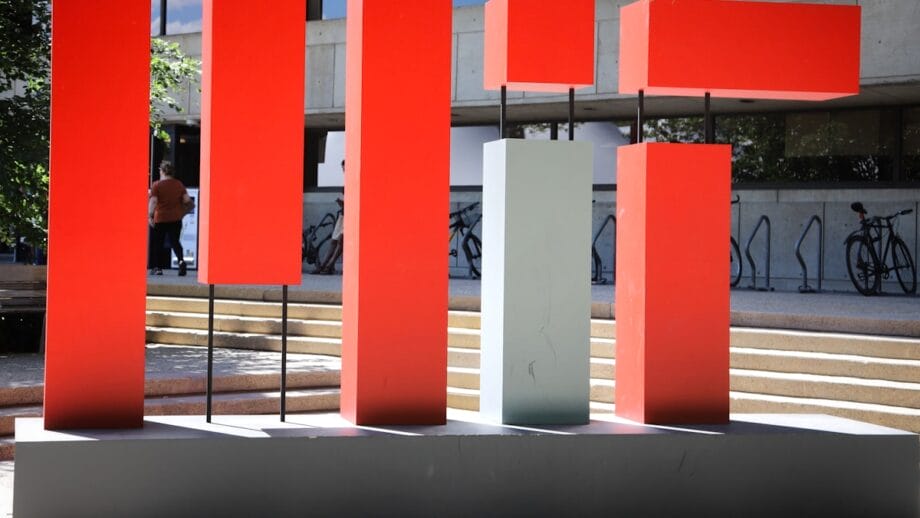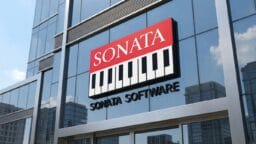China’s Lithium Supremacy and Emerging U.S. Innovations
China currently reigns supreme in the lithium market, processing approximately 65 percent of this essential battery material. The nation has recently instituted intermittent export restrictions on lithium-based products, a move critical to its economic strategy.
Fortunately for the U.S., substantial lithium reserves exist domestically, particularly in expansive underground brines found in regions like southern Arkansas and eastern Texas.
However, extracting lithium through conventional methods poses significant environmental challenges and high energy costs, raising questions about profitability.
A promising development comes from the startup Lithios, co-founded by Mo Alkhadra, PhD ’22, and Martin Z. Bazant, the Chevron Chair Professor of Chemical Engineering.
Lithios is pioneering an innovative extraction method dubbed Advanced Lithium Extraction, which employs electricity to initiate a reaction with electrode materials that selectively capture lithium from saline brine, while discarding other contaminants.
According to Lithios, their approach is not only more selective but also more efficient compared to existing direct lithium extraction techniques. It presents a far cleaner and less energy-intensive alternative to traditional mining and the solar evaporation ponds commonly utilized in South America.
Since June, Lithios has been continuously operational, extracting lithium from actual brine sources worldwide. The company recently dispatched an initial version of its system to a commercial partner to upscale operations in Arkansas.
With its core technology nearing validation through a pilot system, Lithios aims to operate a larger version next year, targeting production rates between 10 to 100 tons of lithium carbonate annually.
Ultimately, the plan is to establish a commercial facility capable of generating 25,000 tons of lithium carbonate per year, a staggering increase from the current U.S. production, which remains below 5,000 tons.
“There has been a concerted effort recently to secure domestic lithium resources and alleviate reliance on the Chinese stranglehold over critical minerals,” asserts Alkhadra.
“The U.S. is rich in lithium deposits; however, we currently lack the technological means to convert this potential into actual value.”
Revolutionizing Lithium Extraction
Bazant became acutely aware of the necessity for innovative lithium extraction methods while collaborating with battery manufacturers through his laboratory at MIT’s Department of Chemical Engineering. His research has focused on battery materials and electrochemical separation for decades.
During his PhD work in Bazant’s lab, Alkhadra investigated electrochemical processes for separating dissolved metals, concentrating on lead removal from drinking water and the treatment of industrial wastewater. As graduation approached, he and Bazant explored viable commercial applications for Alkhadra’s research.
In 2021, lithium prices surged dramatically, driven by the metal’s critical role in battery production.
Historically, lithium is sourced mainly from mining or through a protracted evaporation process involving extensive surface ponds. Both methods entail considerable energy consumption and environmental repercussions, while they also remain under the dominion of Chinese corporations.
“Much of the hard rock mining occurs in Australia, yet most of the ore is shipped as a concentrate to China for refinement, given their technological supremacy,” explains Bazant.
Alternative direct lithium extraction techniques often incorporate chemicals and filters. However, the founders contend these methods struggle for profitability in the U.S., where lithium reserves typically exhibit low concentrations and high impurity levels.
“These techniques are effective with high-grade lithium brine, but they become economically unfeasible in lower-quality resources—precisely the challenge currently faced by the industry,” Alkhadra observes.
“The evaporation process requires an immense footprint—akin to the size of Manhattan for a single project. The crux of my PhD work at MIT was about extracting minerals from low-concentration solutions, which we simply adapted for our innovative use case.”
During initial discussions with potential clients, Alkhadra benefited from insights provided by MIT’s Venture Mentoring Service, the MIT Sandbox Innovation Fund, and the Massachusetts Clean Energy Center. Lithios formally emerged following his PhD completion in 2022, securing the Activate Fellowship.
The company has since flourished within The Engine, a startup incubator at MIT, before transitioning to a pilot and manufacturing facility in Medford, Massachusetts, slated for 2024.
Today, Lithios utilizes a proprietary electrode material that selectively binds lithium when exposed to precise voltages.
“Envision a large battery with water flowing through the system,” Alkhadra describes. When the brine interacts with our electrodes, it selectively extracts lithium while filtering out contaminants.
Once the lithium is absorbed, we merely reverse the electrical current to release it into a purified water stream, reminiscent of charging and discharging a conventional battery.
Bazant affirms that Lithios’s lithium-absorbing materials exemplify an optimal fit for this extraction methodology.
“One principal challenge of utilizing battery electrodes for lithium extraction is achieving system completion,” Bazant notes. We’ve developed a lithium-extraction material that demonstrates exceptional stability in aqueous environments and remarkable performance.
Additionally, we’ve learned to formulate both electrodes to optimize ion transport and mixing, thereby enhancing process efficiency and cost-effectiveness.
In the MIT Tradition
A recent U.S. Geological Survey identified the underground Smackover Formation in southwest Arkansas as harboring between 5 and 19 million tons of lithium.
“Estimating the lithium value in that region based on current market prices yields approximately $2 trillion worth of untapped resources,” Bazant states. “Efficient extraction could lead to a monumental impact.”

This year, Lithios dispatched its pilot system to a commercial partner in Arkansas to further substantiate its methodology in that area. The company intends to commence additional pilot and demonstration projects with other major stakeholders in the oil, gas, and mining sectors in the years ahead.
“Following our field deployment, Lithios will rapidly expand toward a commercial demonstration plant expected to be operational by 2027, with aspirations to establish a kiloton-per-year facility by the decade’s end,” Alkhadra confirms.
While currently focused on lithium extraction, Bazant indicates that the company’s technology may later be adapted for extracting rare earth elements and transition metals.
“We are cultivating a distinctive technology that positions the U.S. as a global hub for critical mineral separation, a feat that could not have materialized elsewhere,” Bazant asserts.
“MIT has provided the ideal environment, primarily due to its incredible community. The wealth of adept scientists and entrepreneurs within the MIT ecosystem has been pivotal for endeavors such as ours. Our inaugural employees were all MIT alumni, who imbued our company with the quintessential MIT ethos”.
Source link: Miragenews.com.






